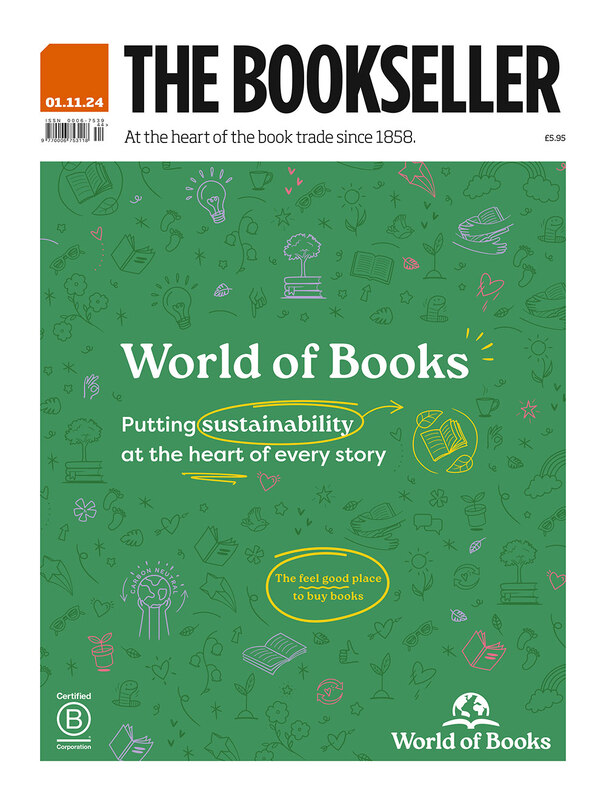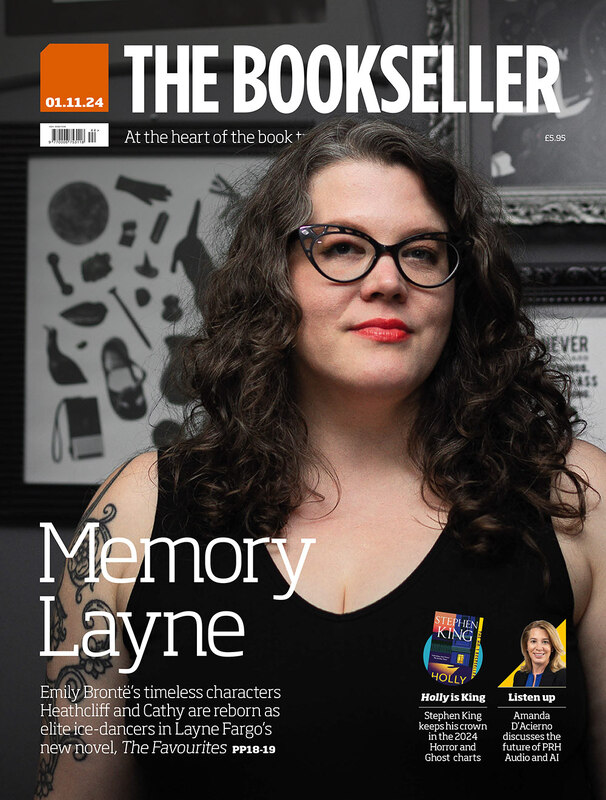You are viewing your 1 free article this month. Login to read more articles.
ALCS needs more diversity says chairman
The board of the Authors’ Licensing and Collecting Society (ALCS) is a “rather white, middle-class group, which does not reflect the diversity of the UK and our membership”, the chairman has said.
Adam Singer, introducing ALCS’s annual report ahead of the group’s AGM next week, said that “monocultures seldom thrive, and in this future we need as much diversity in skills, race and gender, as we can get”.
Singer said 2013 had been a record year for ALCS, with total licensed income of £33,755,233, but that “the danger for ALCS is that in a year or two we will start to see a fall in our traditional revenues from photocopying, scanning and cable television”.
He put this down to the digital world creating “an expectation of lower costs; it will happen as we see publishers realise that where once managing secondary rights was a chore best left to collecting societies, in a digital world it gets easier for them to service this business themselves”.
The government’s “thinking that copyright exceptions are small and harmless” and failure to “realise that copyright exceptions are like metal fatigue in an aeroplane’s wing” will also contribute.
Singer said that people needed to “propagate the message that major franchises such as "Game of Thrones", James Bond, Harry Potter and Batman started as books.
He advocated working with other organisations to lower costs and create new business models and services to generate new money for members, learning from other creative industries, and educating people that “copyright is not a barrier to creativity, but the economic engine of creativity”.
ALCS should also be looking to support education about new business models such as blogs and links with retailers, to help authors, said Singer.
But, amid “this gloom there are glimmers of hope”, he said.
“Books have survived the e-reader onslaught, and the adoption of e-readers has flattened out,” said Singer. “Writers are becoming increasingly innovative and savvy in how to market their work. Digital publishing is now the third-largest sector in terms of financial importance to writers and more of our members are now reverting their rights – 70% of those surveyed who had done so made more money from their work. And the rise of self-publishing is becoming an increasingly successful venture for writers, with many keen to self-publish again.”



















